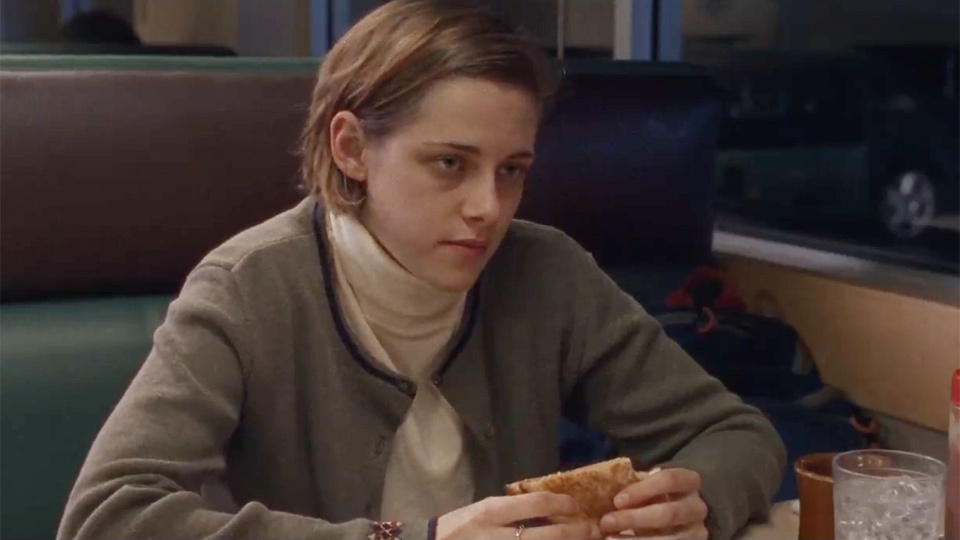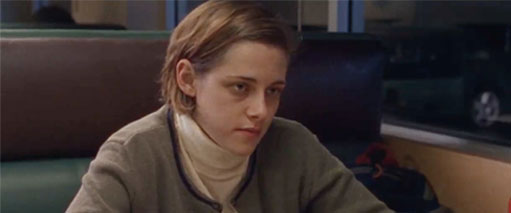Film Review: Certain Women
Kelly Reichardt Gets Quiet In Montana With An Incredible Cast


Latest Article|September 3, 2020|Free
::Making Grown Men Cry Since 1992

